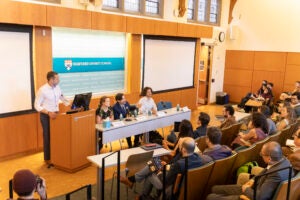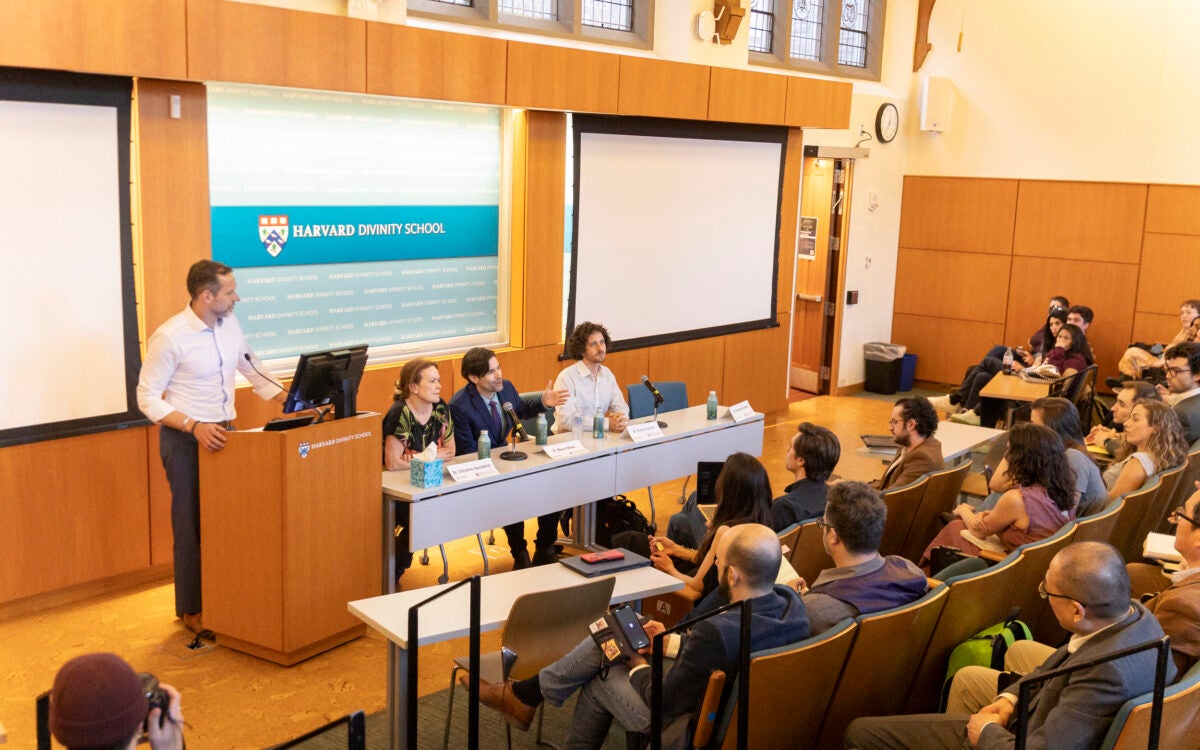Gene signature identifies leukemia patients who should avoid transplants
Test identifies patients who can be successfully treated with chemotherapy alone
It was previously known that only slightly over half of the patients with adult T-cell acute lymphoblastic leukemia (ALL) could be cured with chemotherapy. Adult ALL patients often undergo transplants in an effort to beat back the stubborn disease. Until now there was no way to identify those who have a more favorable outlook and shouldn’t undergo risky bone marrow transplantation. Now an international team of researchers led by scientists at Dana-Farber Cancer Institute in Boston have used a gene test to identify certain patients with ALL who can be successfully treated with chemotherapy alone and should not be subjected to the rigors of bone marrow transplants. Adolfo Ferrando and A. Thomas Look of Dana-Farber, along with collaborators from several institutions in the United States and Israel, found that these patients survived for at least three years after being treated with intensive chemotherapy. The researchers presented their data at the annual meeting of the American Society of Hematology in Philadelphia on Dec. 9, 2002.




